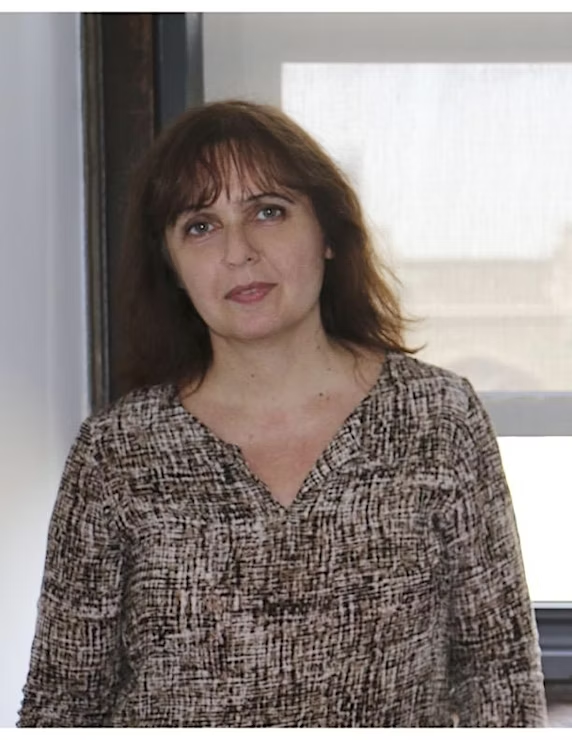ستغطي ورشة العمل هذه مشاريع تنفيذ IPT الأخيرة لمختبر GMH مع البالغين النازحين في بيرو وبنغلاديش. وسيركز على التكيفات الثقافية والسياقية، والحواجز والميسرين لاستيعاب الخدمات، والنتائج السريرية للموقعين.
هدف التعلم الذي يمكن أن يتوقعه المشاركون من هذا الحدث
- تعرف على عملية ومحتوى التعديلات الثقافية والسياقية لتحسين الملاءمة.
- تعرف على العوائق والميسرين أمام التنفيذ والاستيعاب والاندماج في نظام الرعاية الوطني.
- تعرف على تأثير IPT على أعراض الاكتئاب واضطراب ما بعد الصدمة ، وجوانب الأداء.
لمن مناسبة هذه الورشة؟
- الأطباء السريريون والعاملون في المجال الإنساني وصانعو السياسات.
كيف يمكن أن تؤثر ورشة العمل هذه على ممارستك؟
- سيعمل على توعية الأطباء بتعديل ممارساتهم لجعل العلاج الوقائي الوقائي أكثر توافقا مع تجربة العملاء النازحين أو المهاجرين.
Course Content
Organisation
Mental Health Services
Presenter

Lena Verdeli is an Associate Professor of Clinical Psychology and Co-Director of Clinical Training of the Clinical Psychology Doctoral Program at Teachers College, Columbia University. As Founder and Director of the Global Mental Health Lab at Teachers College, Verdeli has received federal and foundation funding to study psychotherapy for prevention and treatment of mood disorders. Over the past fifteen years, Verdeli has played a key role in landmark studies involving adaptation, training, and evaluation of psychotherapy protocols used by specialists and non-specialists (psychologists, psychiatrists, primary care staff, community health workers, etc.) around the globe with depressed adults in southern Uganda; war-affected adolescents in IDP camps in northern Uganda and depressed IDP women in Colombia; distressed patients in primary care in India; depressed community members in Haiti; and war-affected Syrian refugees in Lebanon, Venezuelan refugees in Peru, and Rohingya refugees in Bangladesh, among others.
Verdeli also serves as a Scientific Advisory Council member of the American Foundation for Suicide Prevention and as a Technical Advisor for the WHO, Division of Mental Health and Substance Use for the global dissemination of group interpersonal psychotherapy (IPT) under WHO copyright. She received the American Psychological Association International Psychology Division Mentoring Award and chaired the research workgroup of the Family NGO at the UN.
Verdeli’s research in Uganda was instrumental to collecting the data necessary for WHO to recommend IPT – together with cognitive behavioral therapy and antidepressant medicines – as a recommended treatment for depression. In her words: “IPT is not new; what’s new is our delivery of it and our model of training others to use it. Whether we train laypeople to use IPT with their fellow community members, as we did in Uganda, or train professionals through a systematic national effort, as we did in Lebanon, our hallmark is to employ inexpensive, feasible, and culturally relevant approaches. The work has to be the result of real partnerships on the ground, in which all the players have a voice – including refugees themselves.”



